We take off into the New year with the third and final interview with the wonderful Lesley Gibbes. Thank you, Lesley, for being such a generous interviewee and providing us with information to help us all on our writing pathways. See part 1 here and part 2 here
Lesley, what do you see as the mile stone moments in your pathway to publication? Are they similar across all books, or different for each?
stone moments in your pathway to publication? Are they similar across all books, or different for each?
A lot of the milestone moments in my early publications have come from writing courses. For my ‘Fizz’ series it was at a course with Libby Gleeson. ‘Fizz’ began as a picture book. But I just couldn’t condense it to under five hundred words. After Libby’s course I decided to let the story expand into a chapter book of about five thousand words and it worked! There are now four books in the ‘Fizz’ police dog adventure series being published in June and July next year by Allen & Unwin.
Some books such as ‘Little Bear’s First Sleep’ have come from feed back from publishers and others have come from analysing published texts from authors such as Margaret Wild, Libby Gleeson, Nick Bland, Aaron Blabey, Lisa Shannahan, Pamela Allen and Lynley Dodd.
Who has helped you negotiate what seems to be a whirlwind of interest? Do you have an agent?
I have a wonderful agent who took a chance on a new author with just one publication under her belt. ‘Scary Night’ was pulled out of the slush pile but all subsequent manuscripts have found a home through my agent. My agent negotiates on my behalf and deals with contracts and all other legal matters.
How have you got so many books ready for publication at one time? Over what period of time were they written? Were they in a ‘bottom draw’ waiting for your ‘big break’ and then dusted off? Or what has been their path to publication?
When I first began writing I would write a picture book a month. If I felt the story was working I would send it off to a publishing house as an unsolicited manuscript. ‘Scary Night’ was written over a six-month period and did in fact sit in my bottom draw for a while until I found the right publishing house to send it to.
Some stories come quickly and others take time. But all stories benefit from a stint in the bottom draw to be taken out and viewed with fresh eyes at a later date.
Today my manuscripts are written and sent to my agent for evaluation before being given to an editor.
Do you belong to a critique/writer’s group?
With a young family I never had the opportunity to join a critique or writing group but I understood that seeking feedback was important and the right feedback could fast track your writing. The trick with feedback is to know when to take on advice and when to ignore it. I always sought advice from the most experienced people I could find. For me it was publishers, editors and authors by participating in courses and paying for manuscript appraisals. That way I knew I was getting the best advise possible. Today, I can add my agent to my go to list of writing professionals.
That’s interesting, Lesley. Many people find writing groups helpful, but there are others who find them hard to access for various reasons. Your experience shows other ways to pursue feedback. My experience, too, involved paying for a manuscript assessment in the first instance, which kick- started my adventure into children’s literature. The main message here, is that feedback is essential. Thanks so much for allowing us this glimpse inside your pathway to publication.
With the launch of 2016 we are that much closer to being able to see Lesley’s new books in print – I can hardly wait! Lesley we wish you every success!
Visit Lesley’s website here







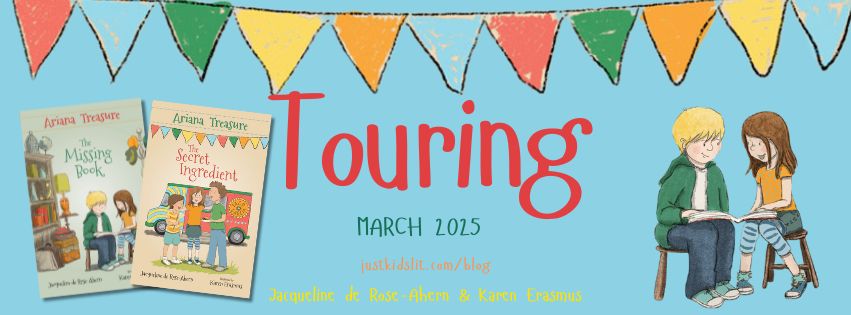
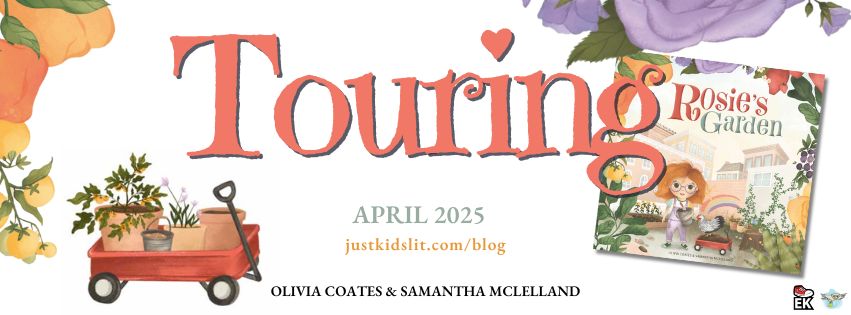
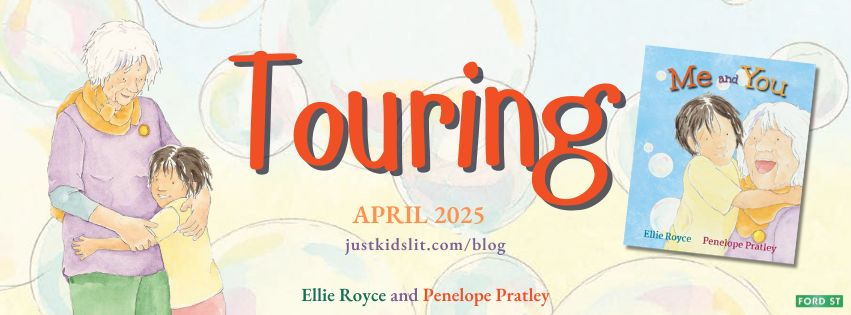
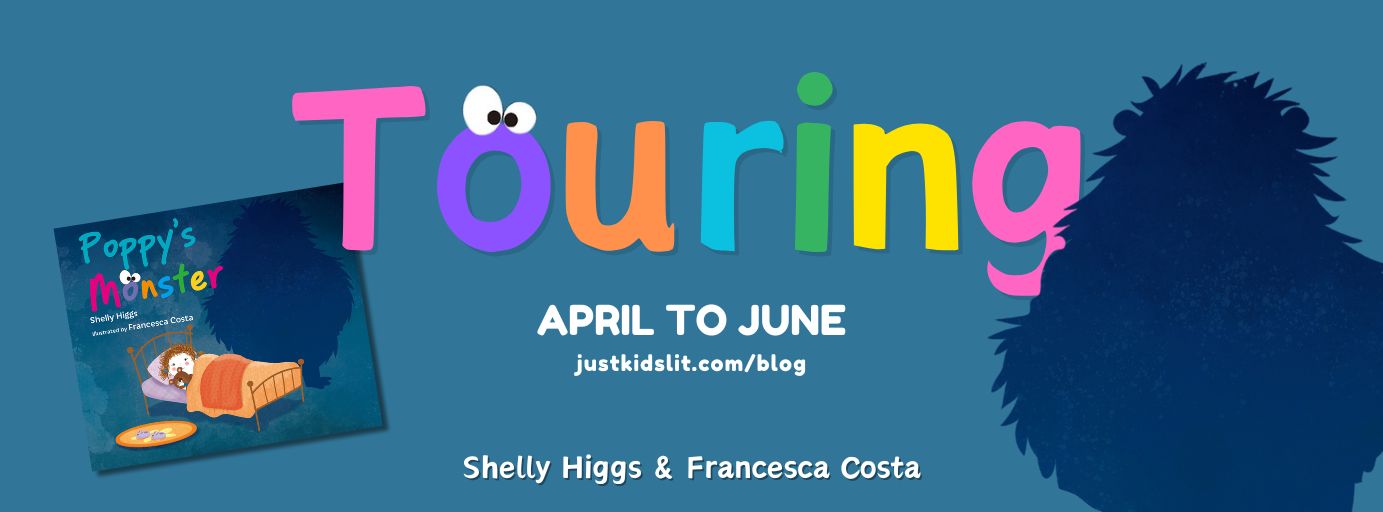
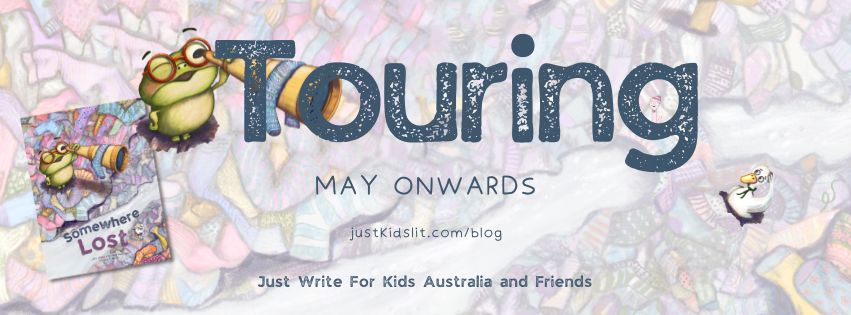





One thought to “Lesley Gibbes – To Infinity and Beyond Part 3”
Thanks for sharing. This is so helpful and encouaging.